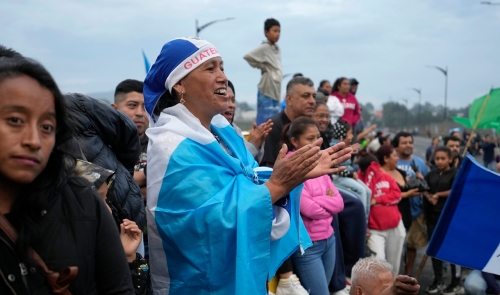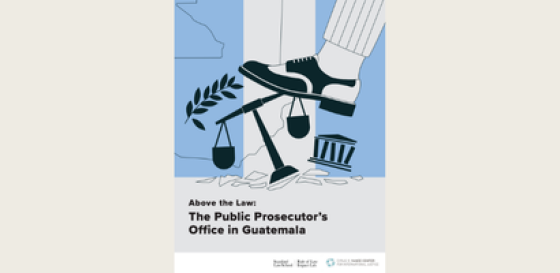Guatemala

Above the Law: The Public Prosecutor’s Office in Guatemala
This report compiles official international findings that the MP in Guatemala, under its current leadership, engaged in serious misconduct and the abuse of power.

The Lab's Work in Guatemala
Electoral Integrity
Elections in Guatemala are considered by many to be “free but unfair.” Since Arévalo’s election, however, legal maneuvers by the incumbent administration, including measures seeking to suspend the party. Through legal analysis, documentation, and litigation, the Lab continues to highlight the pact’s misconduct and abuses of power and the need for legal reform ensuring their accountability.
Judicial and Prosecutorial Independence and Accountability
Since Arévalo’s election, legal maneuvers by the previous administration and its allies, as well as the Public Prosecutor’s Office under its current leadership, have sought to subvert the election results and undermine the President and his party. Through legal analysis, documentation, and litigation, the Lab continues to highlight the pact’s misconduct and abuses of power and the need for legal reform ensuring their accountability.
The Lab is also working with the Guatemalan Bar Association to raise public awareness about the importance of merit-based and transparent selection processes for key judicial and prosecutorial positions.
All Work
Above the Law: The Public Prosecutor’s Office in Guatemala (Report, October 2024)
Por encima de la ley: el Ministerio Público en Guatemala (Informe, octubre de 2024)

